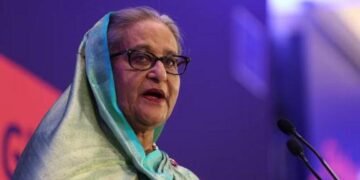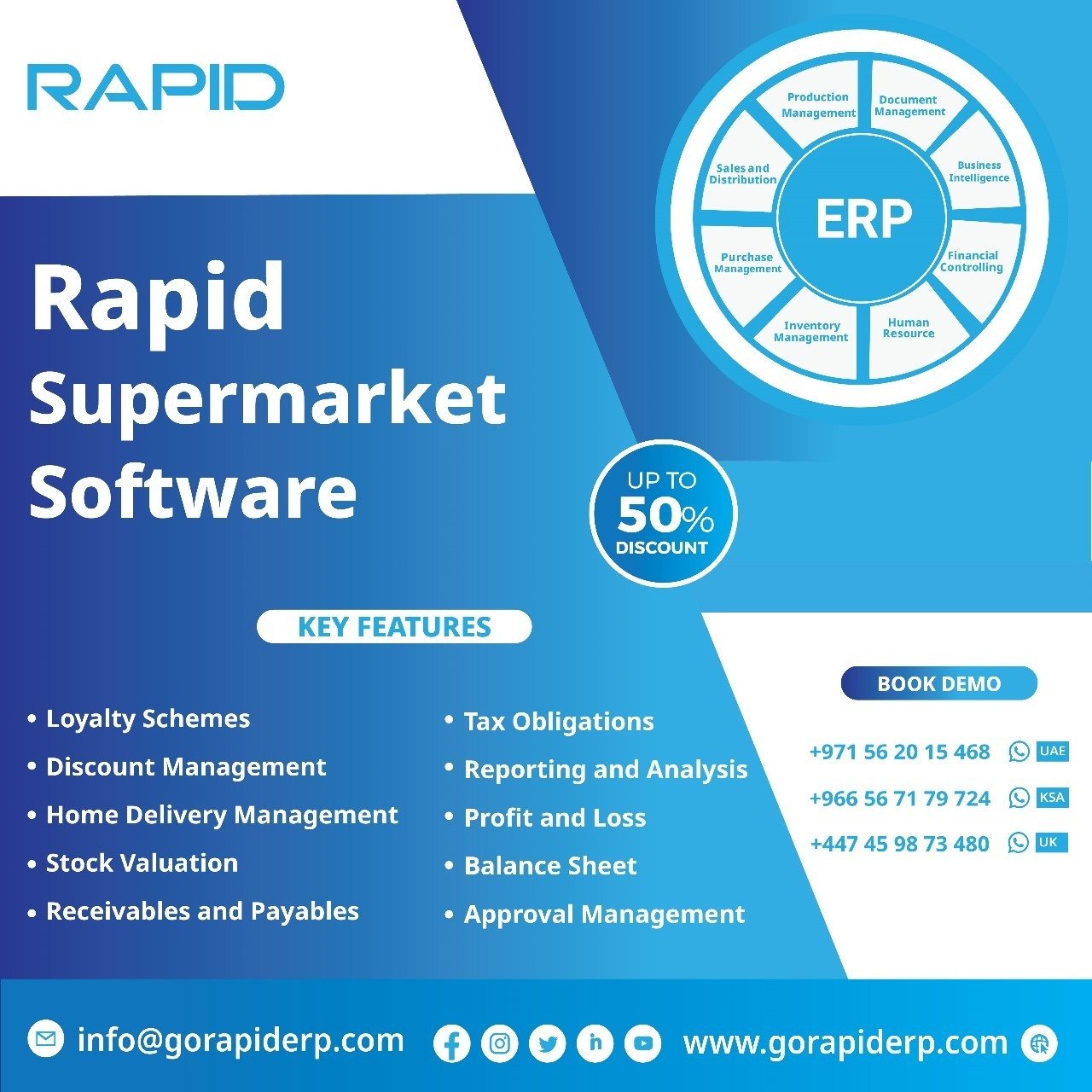World leaders, including Russian president Vladimir Putin and China’s XI, congratulated Iran’s new president Masoud Pezeshkian.
Russian leader Vladimir Putin congratulated Iran’s reformist candidate Masoud Pezeshkian on his victory in a presidential runoff, the Kremlin said on Saturday.
‘I hope that your tenure as president will contribute to a reinforcement of constructive bilateral cooperation between our friendly peoples,’ Putin said in a message to Pezeshkian.
The two countries, the target of stiff Western sanctions, can ‘coordinate efforts to resolve international issues in a constructive manner,’ he said.
Pezeshkian received more than 16 million votes, around 54 percent, while his rival, ultraconservative Saeed Jalili, took more than 13 million, roughly 44 percent, out of about 30 million votes cast in the second round.
An election was not due until 2025 but was called early after the death of ultraconservative president Ebrahim Raisi in a helicopter crash.
Four candidates ran in the first round held on June 28.
Chinese president Xi Jinping on Saturday congratulated reformist Masoud Pezeshkian for his win in Iran’s presidential runoff election, state media reported.
‘I attach great importance to the development of China-Iran relations and am willing to work with the President to lead the China-Iran comprehensive strategic partnership towards deeper advancement,’ state news agency Xinhua reported Xi as saying.
The two countries ‘have a long history of friendly exchanges, and bilateral relations have maintained healthy and stable development… for over half a century,’ Xi said, according to Xinhua.
‘Faced with complex regional and international situations, China and Iran have always supported each other, worked together and continued to consolidate strategic mutual trust,’ he added.
‘(This) has not only brought benefits to our two countries’ peoples, but has also made active contributions to promoting regional and world peace and stability,’ he said.
China is a close partner of Iran, its largest trade partner, and a top buyer of its sanctioned oil.
Beijing’s efforts to pull Tehran into its flagship Belt and Road Initiative infrastructure project have been complicated by sanctions.
However, Iran joined the Shanghai Cooperation Organisation, an economic and security initiative backed by Beijing and Moscow, last year.
Indian prime minister Narendra Modi congratulated reformist candidate Masoud Pezeshkian on Saturday for his win in Iran’s presidential runoff election.
‘Looking forward to working closely with you to further strengthen our warm and long-standing bilateral relationship for the benefit of our peoples and the region,’ Modi wrote on social media platform X.
India and Iran have warm ties despite Tehran’s pariah status among Western countries including the United States, at the same time as New Delhi pursues greater security cooperation with Washington.
In May both countries signed a contract to develop and equip the long-stalled Chabahar port project in Iran, prompting Washington to warn that Indian firms working on the project risked sanctions.
Pezeshkian received around 54 percent of the vote while ultraconservative rival Saeed Jalili got around 44 percent in the second round of the poll.
An election was not due until 2025 but was called early after the death of president Ebrahim Raisi in a helicopter crash.
Gulf states including Saudi Arabia, which restored ties with Tehran last year following a years-long rift, on Saturday congratulated Iran’s new president-elect, the reformist Masoud Pezeshkian.
King Salman, in a message to Pezeshkian, expressed hope for the ‘continued development of relations which link our two countries and our two brotherly peoples,’ according to the official Saudi Press Agency (SPA).
He also expressed his wish for further ‘coordination and dialogue to strengthen regional and international peace and security,’ SPA said.
After a seven-year rupture, Sunni Muslim-majority Saudi Arabia and Shiite-dominated Iran resumed relations under a surprise China-brokered deal announced in March last year.
The deal’s ramifications were felt throughout the region.
Since then the two Middle East powers, which have often supported opposing sides in regional conflicts, have intensified their contacts.
Iran’s ultraconservative President Ebrahim Raisi travelled to Riyadh in November for a summit on the Israel-Hamas war in the Gaza Strip.
Raisi’s death in a helicopter accident in May led to Iran’s early presidential election, in which Pezeshkian defeated his ultraconservative challenger Saeed Jalili in a runoff.
The president of the United Arab Emirates, Sheikh Mohamed bin Zayed Al Nahyan, wished success to Pezeshkian and said he looks ‘forward to working together to further strengthen ties between the UAE and Iran for the benefit of our two nations and peoples’.
The emirs of Qatar and Kuwait sent their congratulations to Pezeshkian, official media reported, as did the sultan of Oman.
Kuwait’s Emir Sheikh Meshal al-Ahmad Al-Sabah wished ‘more prosperity and development’ for the Islamic republic, the official KUNA news agency said.
King Hamad bin Isa Al Khalifa of Bahrain, the only country in the region to not restore relations with Iran, expressed his ‘commitment to strengthening relations’.
The two countries agreed in June to begin talks on restoring diplomatic ties that have been severed since 2016.
Syrian president Bashar al-Assad, for whom Tehran is a top ally, on Saturday congratulated Iran’s reformist president-elect Masoud Pezeshkian after his victory in a presidential runoff.
Assad affirmed the desire of Damascus to strengthen ties with Tehran.
In a message published on the Syrian presidency’s social media accounts, Assad said: ‘We are keen to ensure that our relationship remains at its peak’.
He added that he wants to work with Pezeshkian ‘to strengthen the Syrian-Iranian strategic relationship’ and that ‘resistance will remain the common approach we follow.’
Iran has given financial and military support to Assad’s regime during Syria’s 13-year conflict that began when security forces cracked down on anti-government protests.
Along with Russia, Iran has helped Assad regain territory lost earlier in the civil war.
Tehran says it only deploys military advisers at the invitation of Damascus.
Iran also finances, arms and commands a number of Syrian and foreign militia groups fighting alongside Syria’s regular armed forces, chief among them Lebanon’s powerful Hezbollah group.
Iran’s ultraconservative President Ebrahim Raisi, whose death in a helicopter accident necessitated the election, had planned to visit Syria ‘in the near future,’ his foreign minister announced in April, shortly before both men died in the crash.
The planned trip came against the backdrop of a rapprochement between regional rivals Iran and Saudi Arabia, and increased Arab engagement with Damascus.
Assad visited Tehran in May last year for only his second reported trip to the Islamic republic since the start of the war in 2011.
Iran’s Interior Ministry on Saturday announced that Pezeshkian had defeated his ultraconservative challenger Saeed Jalili.

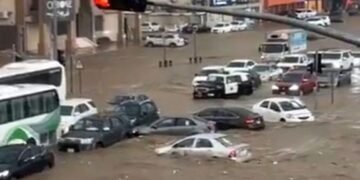


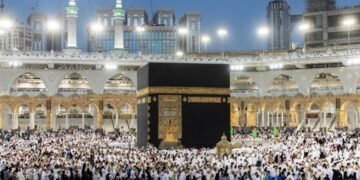
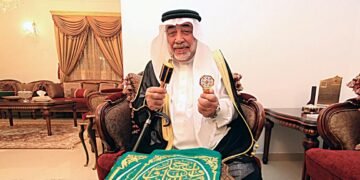
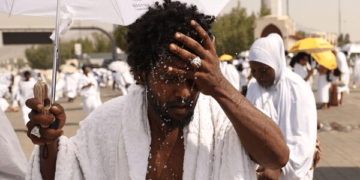


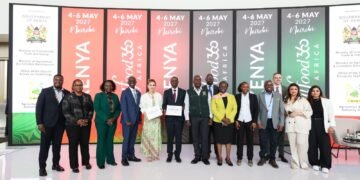
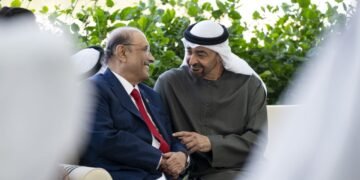
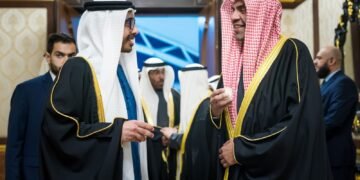
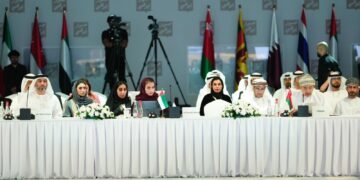


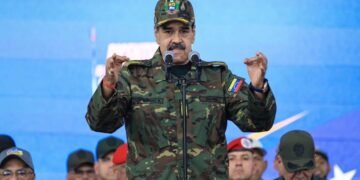
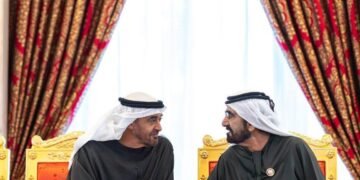
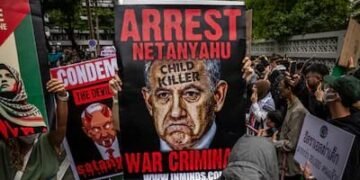
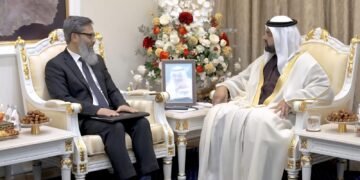
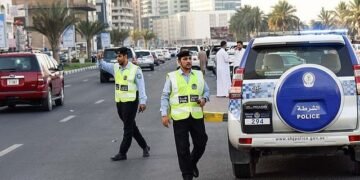

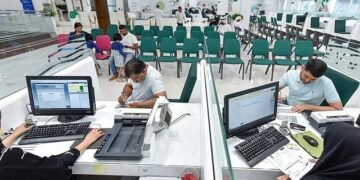
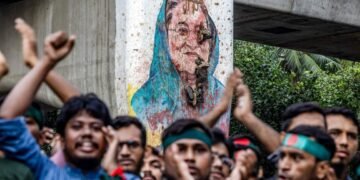

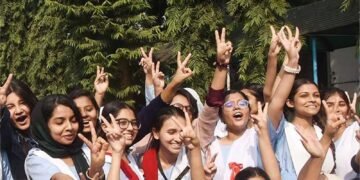

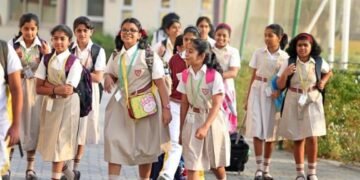
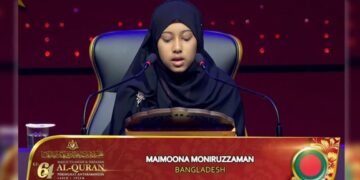

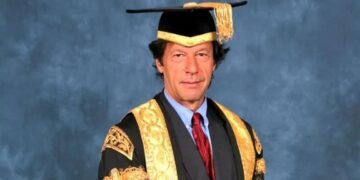

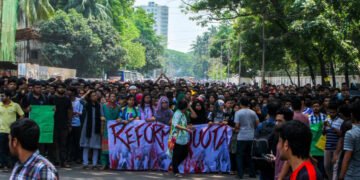


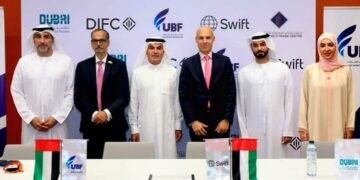









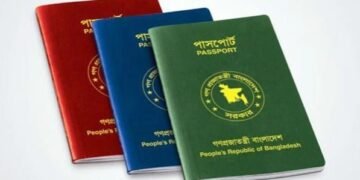
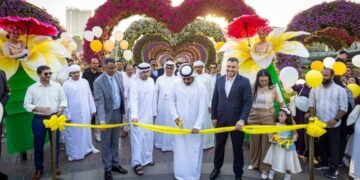
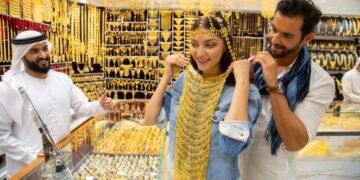
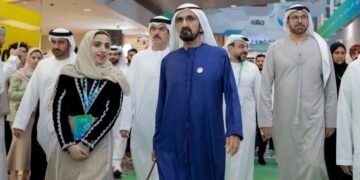

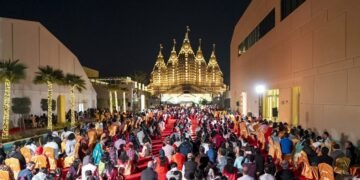
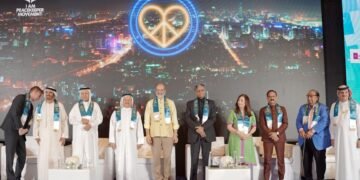

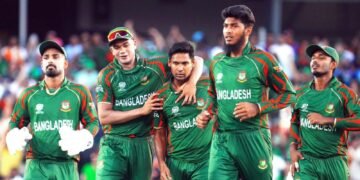
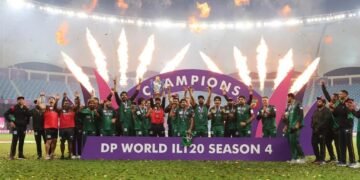

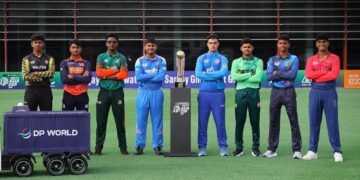
![Masoud Pezeshkian (Persian: مسعود پزشکیان; born 29 September 1954) is an Iranian cardiac surgeon and reformist politician who is the current President of Iran.[2] Before that, Pezeshkian represented Tabriz, Osku and Azarshahr electoral district in the Parliament of Iran, and also served as its First Deputy Speaker from 2016 to 2020. He was Minister of Health and Medical Education between 2001 and 2005 in the Government of Mohammad Khatami.](https://dubainewstoday.ae/wp-content/uploads/2024/07/316516516-750x375.jpg)










